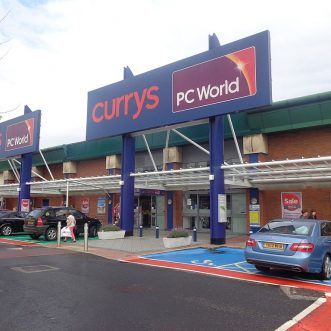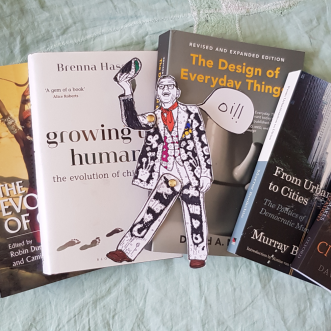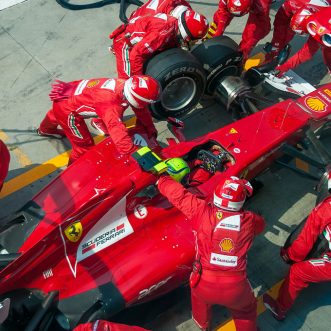August 2, 2022
An entire industry has grown out of working out what it costs a business to do the things it does. Along with a panoply of tools and techniques. When I was studying at London Business School, I loved it.
It turns out that there is a simple measure that’s good enough for most cases.
Time. Or more accurately, duration.
If you know how many clients you deal with, how long it takes for each client to go through your Share and Keep Promise process, and what your total operating costs are over that time period, then you know what it costs you to do what you do for each client you serve.
If you don’t like the answer you can drill down into Share Promise or Keep Promise to find out where things could work better. And so on.
So how do you measure duration?
By logging events that are of interest and adding up the time that’s elapsed between them.
I’m sure you already note these events: when a prospect makes an enquiry; when a prospect becomes a client; when you welcome a client onboard, when the particular promise you made to this client has been kept.
You may even collect them automatically – they’re in your CRM, or your accounting system, they might even be in your workflow management system. String them together for each client and you’ve got some extremely useful data. Combine this with some other equally simple metrics and you’ve got the kind of process feedback you can use to grow your business efficienty and sustainably if that’s what you want.
A little bit of Discipline makes a lot of Daring possible.









